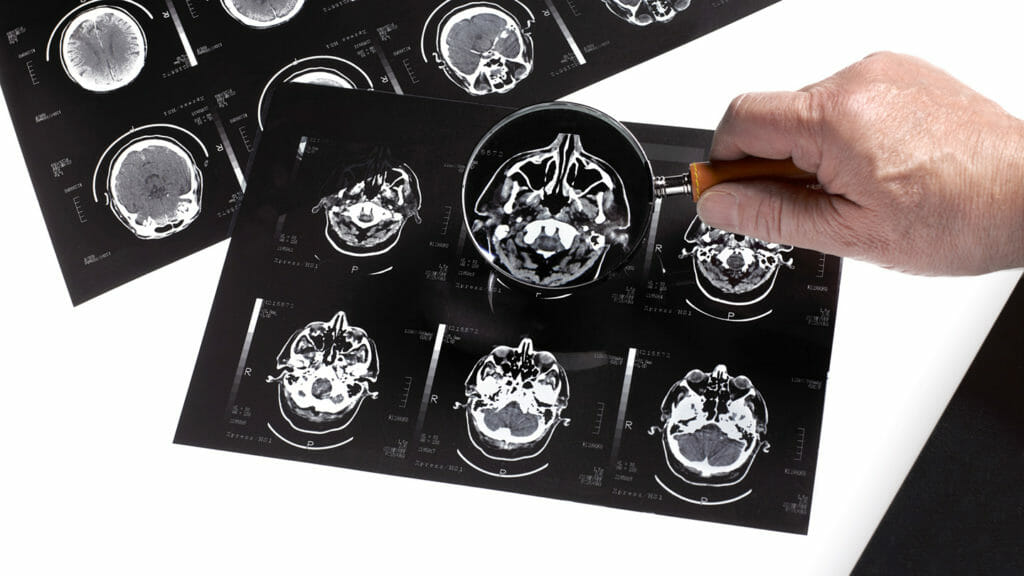
Detecting signs of dementia up to nine years before diagnosis is possible and could lead to earlier interventions to reduce development of the disease and help recruit people to participate in clinical trials for new treatments, according to new research.
In a study published in Alzheimer’s & Dementia: The Journal of the Alzheimer’s Association, investigators reported the findings of an analysis of data from the UK Biobank, a biomedical database on genetic, lifestyle and health information from half a million adults. They found that falls, balance and problem-solving difficulties may be early signs of dementia.
Few effective treatments for dementia or other neurodegenerative diseases, including Parkinson’s disease, exist because the conditions often are only diagnosed once symptoms appear. Until now, it was unclear whether it might be possible to detect changes in brain function before the onset of symptoms.
For this study, researchers at the University of Cambridge and Cambridge University Hospitals NHS Foundation Trust turned to the biomedical database to look back to see whether signs of disease were present five to nine years before diagnosis.
Those in whom Alzheimer’s disease developed were more likely than other adults to have fallen in the past 12 months. Also, those who developed a rare neurological condition known as progressive supranuclear palsy, which affects balance, were more than twice as likely as other adults to have had a fall.
For every condition studied — including Alzheimer’s disease, Parkinson’s disease and Lewy Body dementia — participants with those conditions reported poorer overall health at baseline.
“When we looked back at patients’ histories, it became clear that they were showing some cognitive impairment several years before their symptoms became obvious enough to prompt a diagnosis,” Noel Swaddiwudhipong from the University of Cambridge said in a statement. “The impairments were often subtle, but across several aspects of cognition.”
The study, she said, is a step toward being able to screen people who are at greatest risk and to intervene at an earlier stage to help reduce their risk for disease.
Senior author Tim Rittman, PhD, of the University of Cambridge, said the findings also could help identify people who could participate in clinical trials for potential new treatments.
“The problem with clinical trials is that by necessity, they often recruit patients with a diagnosis, but we know that by this point they are already some way down the road, and their condition cannot be stopped,” Tim Rittman, PhD, senior study author, said in a statement. “If we can find these individuals early enough, we’ll have a better chance of seeing if the drugs are effective.”
The study was funded by the Medical Research Council with support from the NIHR Cambridge Biomedical Research Centre.




